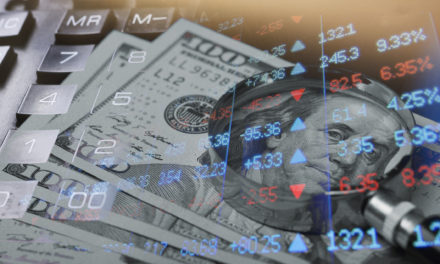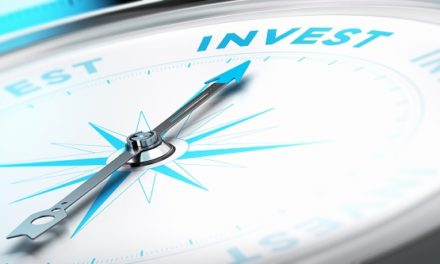
“I buy on the assumption that they could close the market the next day and not reopen it for five years.”
— Warren Buffett
The above quote from Warren Buffett is timeless, and brings into focus the choice about time horizon that any investor should think about before buying a stock they are considering. Behind every stock is an actual business; what will that business look like over a five year period?
Today, let’s look backwards in time to 2016, and take a look at what happened to investors who asked that very question about Comerica, Inc. (NYSE: CMA), by taking a look at the investment outcome over a five year holding period.
| Start date: | 03/03/2016 |
|
|||
| End date: | 03/02/2021 | ||||
| Start price/share: | $37.21 | ||||
| End price/share: | $69.95 | ||||
| Starting shares: | 268.74 | ||||
| Ending shares: | 314.91 | ||||
| Dividends reinvested/share: | $9.22 | ||||
| Total return: | 120.28% | ||||
| Average annual return: | 17.11% | ||||
| Starting investment: | $10,000.00 | ||||
| Ending investment: | $22,027.74 | ||||
As shown above, the five year investment result worked out exceptionally well, with an annualized rate of return of 17.11%. This would have turned a $10K investment made 5 years ago into $22,027.74 today (as of 03/02/2021). On a total return basis, that’s a result of 120.28% (something to think about: how might CMA shares perform over the next 5 years?). [These numbers were computed with the Dividend Channel DRIP Returns Calculator.]
Notice that Comerica, Inc. paid investors a total of $9.22/share in dividends over the 5 holding period, marking a second component of the total return beyond share price change alone. Much like watering a tree, reinvesting dividends can help an investment to grow over time — for the above calculations we assume dividend reinvestment (and for this exercise the closing price on ex-date is used for the reinvestment of a given dividend).
Based upon the most recent annualized dividend rate of 2.72/share, we calculate that CMA has a current yield of approximately 3.89%. Another interesting datapoint we can examine is ‘yield on cost’ — in other words, we can express the current annualized dividend of 2.72 against the original $37.21/share purchase price. This works out to a yield on cost of 10.45%.
Another great investment quote to think about:
“It’s not always easy to do what’s not popular, but that’s where you make your money. Buy stocks that look bad to less careful investors and hang on until their real value is recognized.” — John Neff




